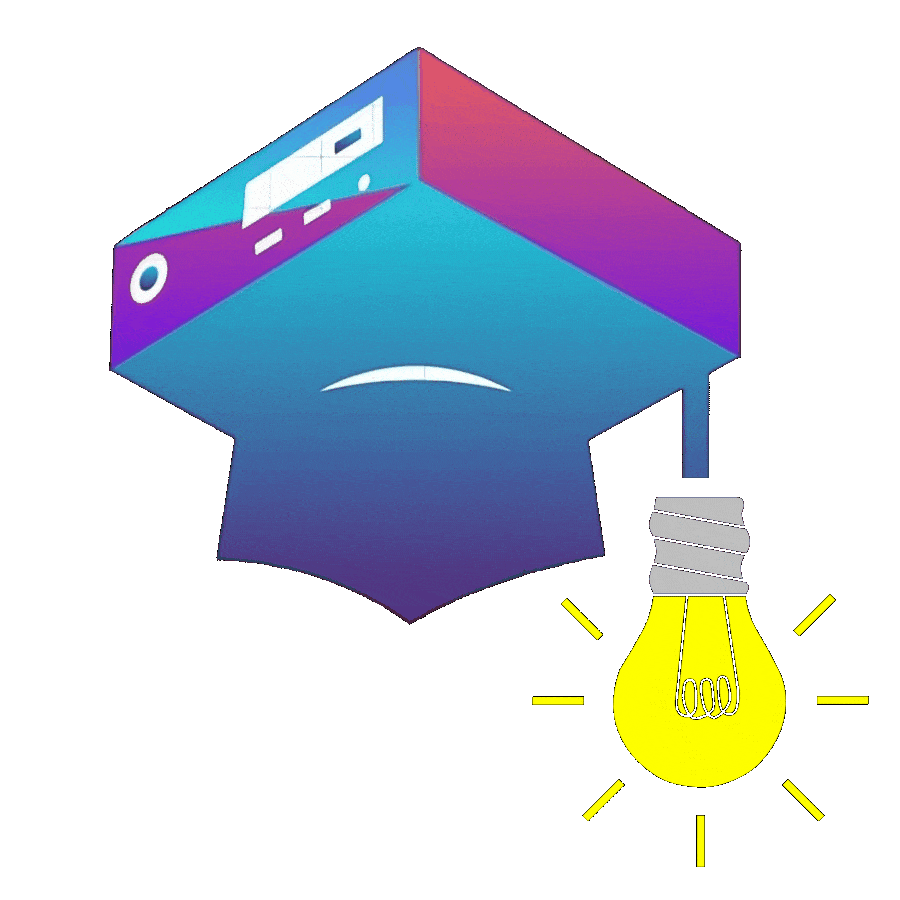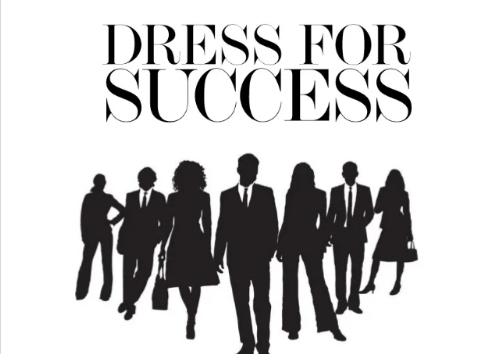
Title:Comprehensive Interview Preparation:A Complete Guide to Securing Your Dream Job.
EduTechRR
Follow Me
Posted on December 29, 2024
Estimated Time Required :5 Minutes
Posted By EduTechRR Tips👤
1. Research the Company and Role
Before the interview, gather as much information as you can about the company and the specific role you’re applying for. This will help you understand the company’s culture, values, and goals, and how you can align your experiences with their needs.
➡️Visit the company’s website, read their mission and vision statements.➡️Look for recent news or updates related to the company.
➡️Explore the job description thoroughly to understand the required qualifications and skills.

2. Know Your Resume and Work Experience
You should be able to speak confidently about everything listed on your resume, including previous roles, skills, achievements, and any gaps in employment..
➡️Prepare a few stories or examples from your work experience that highlight your key skills and achievements.➡️Practice explaining your accomplishments using the STAR method (Situation, Task, Action, Result) to structure your responses clearly.
➡️Be prepared to discuss your strengths and areas for improvement.

3. Anticipate Common Interview Questions
There are several standard questions that most interviewers ask. Practice your responses to ensure you answer clearly and concisely. Some common questions include:
➡️“Tell me about yourself.”➡️“Why do you want to work here?”
➡️“What are your strengths and weaknesses?”
➡️“Where do you see yourself in 5 years?”
➡️“Why should we hire you?”
➡️“Tell me about a time when you faced a challenge at work and how you overcame it.”

4. Prepare Behavioral Questions
Many interviews use behavioral interview questions to assess how you’ve handled various situations in the past. Prepare for these types of questions by thinking about how your previous experiences demonstrate the skills and traits the employer is seeking. Focus on real-life examples that show problem-solving, leadership, teamwork, and conflict resolution.

5. Develop Your Personal Pitch
A personal pitch is a short, concise summary of who you are, your professional background, and why you are a good fit for the job. Having a well-crafted pitch ready can help you introduce yourself confidently.
➡️Practice delivering it in a natural, engaging manner.➡️Tailor it to the specific role and company.

6. Dress for Success
Dress appropriately for the interview based on the company’s culture. When in doubt, it’s better to be slightly overdressed than underdressed. Choose attire that is professional and makes you feel confident.

7. Practice Your Body Language
Non-verbal cues play a significant role in how you are perceived during an interview. Practice maintaining good posture, making eye contact, and offering a firm handshake. Avoid nervous habits such as fidgeting or crossing your arms.

8. Prepare Questions for the Interviewer
At the end of the interview, the interviewer typically asks if you have any questions. This is your opportunity to demonstrate your interest in the role and company. Prepare thoughtful questions that show you’ve done your homework and are genuinely interested in the role. Some examples include:
➡️ “What does a typical day in this role look like?”➡️“How do you measure success in this position?”
➡️“What are the team dynamics like?”
➡️“What are the next steps in the hiring process?”

9. Rehearse with Mock Interviews
Consider doing mock interviews with a friend, family member, or career coach. This will help you practice your responses and receive constructive feedback. The more you rehearse, the more comfortable and confident you’ll become during the actual interview.

10. Prepare for Different Interview Formats
Interviews may take different forms, such as in-person, phone, video, or panel interviews. Make sure you are prepared for the specific format:
➡️Phone interviews: Find a quiet, comfortable place to talk. Have your resume and notes handy.➡️Video interviews: Test your technology ahead of time to avoid technical issues. Ensure your environment is tidy and well-lit.
➡️Panel interviews: Be prepared to address multiple people, maintaining eye contact with each interviewer as you respond.
11. Follow-Up After the Interview
Interviews may take different forms, such as in-person, phone, video, or panel interviews. Make sure you are prepared for the specific format:

12. Conclusion
By covering all these bases, you'll be well-prepared to excel in your interviews, demonstrate your qualifications effectively, and increase your chances of landing the job. Comprehensive interview preparation not only boosts your chances of success but also ensures you approach the process with confidence and professionalism.
